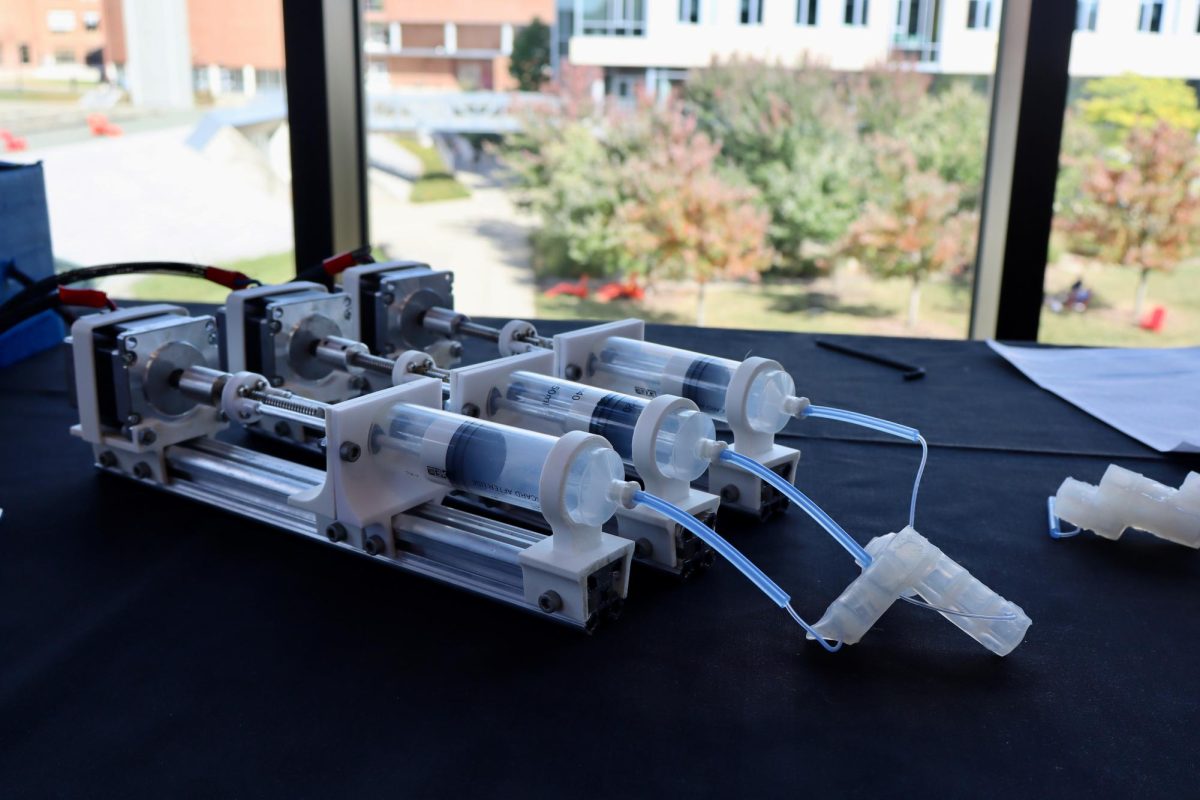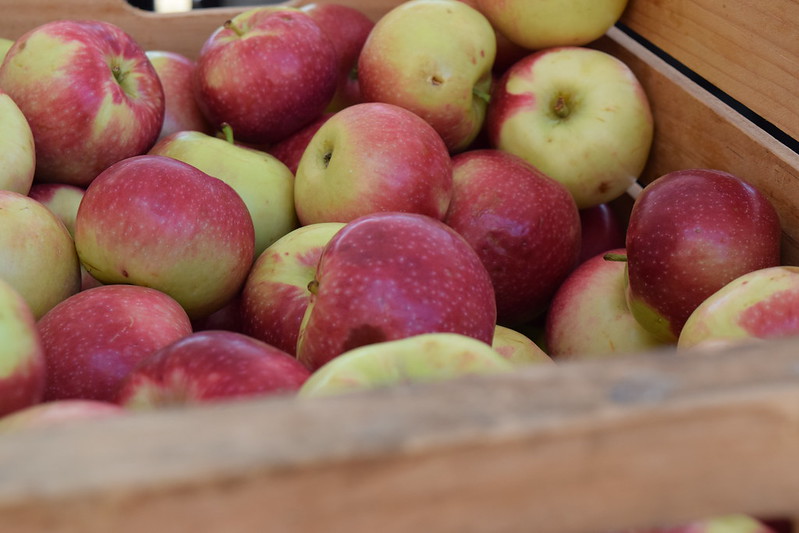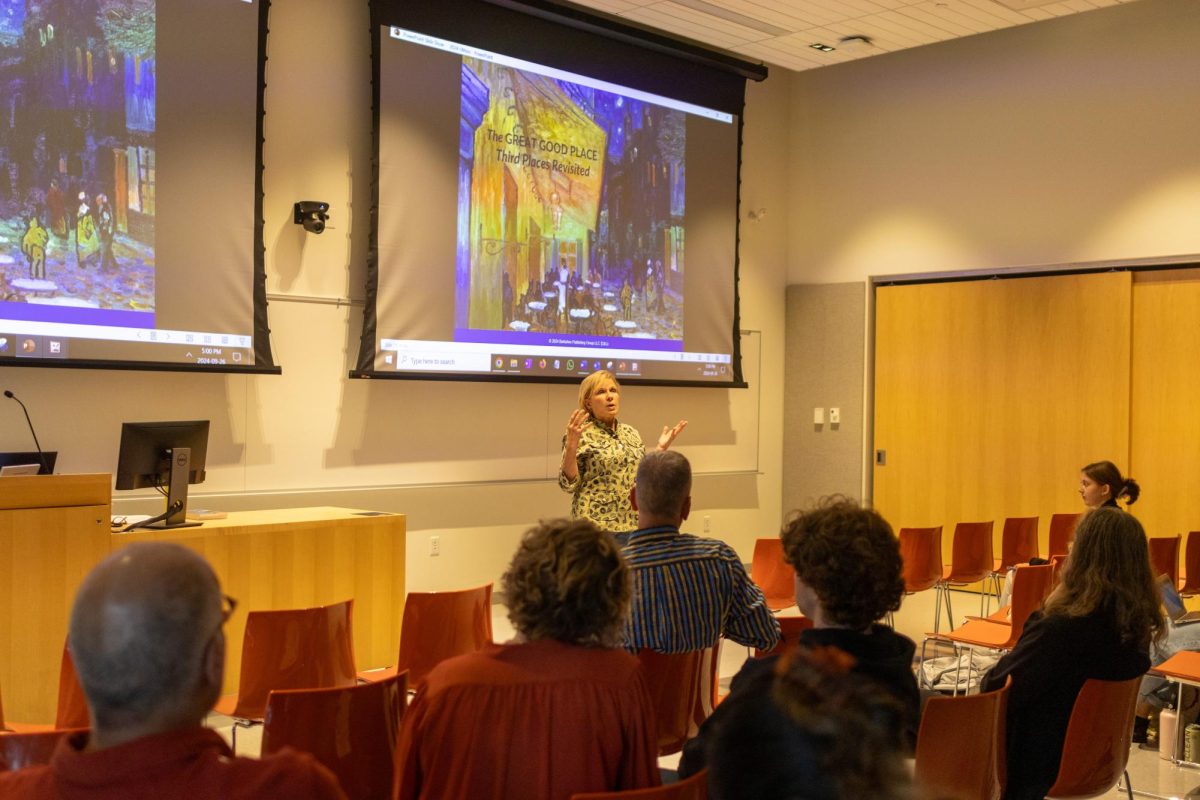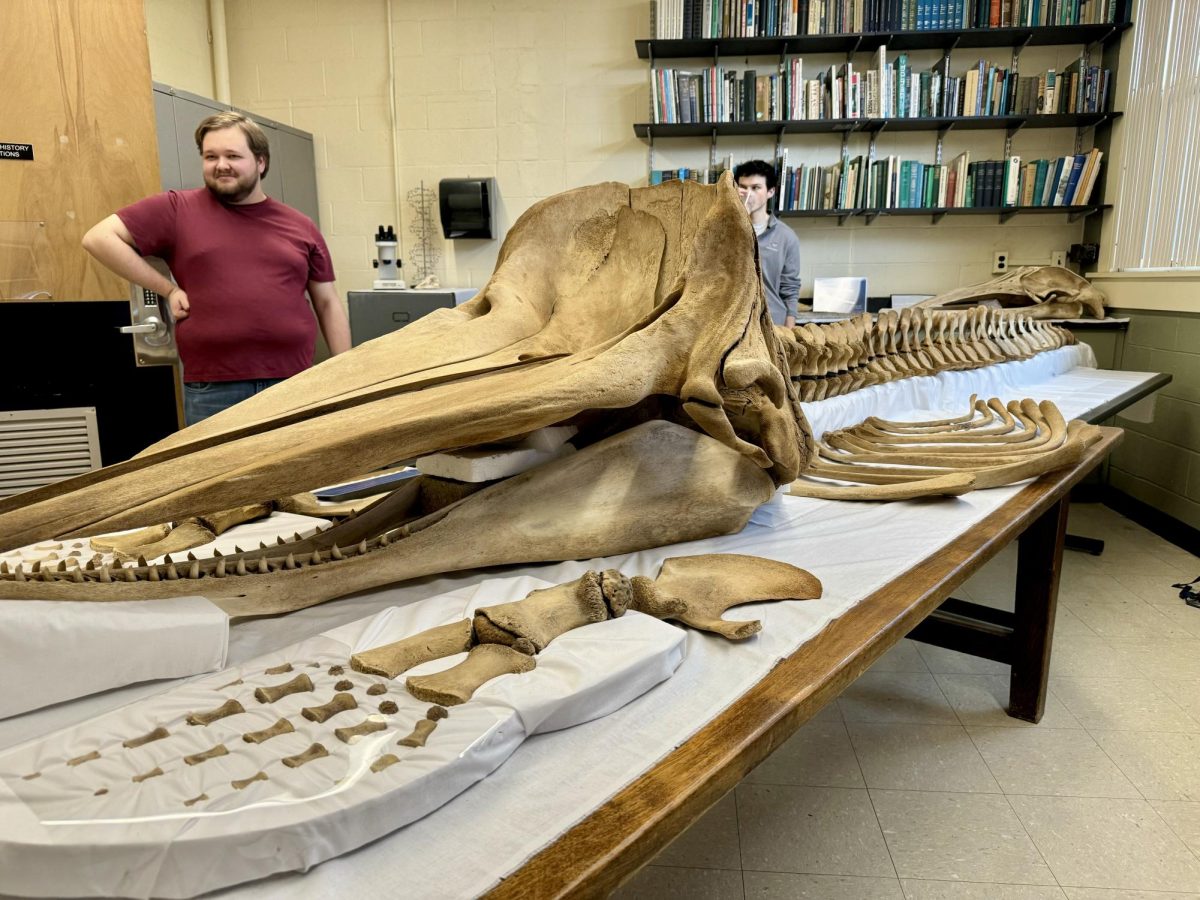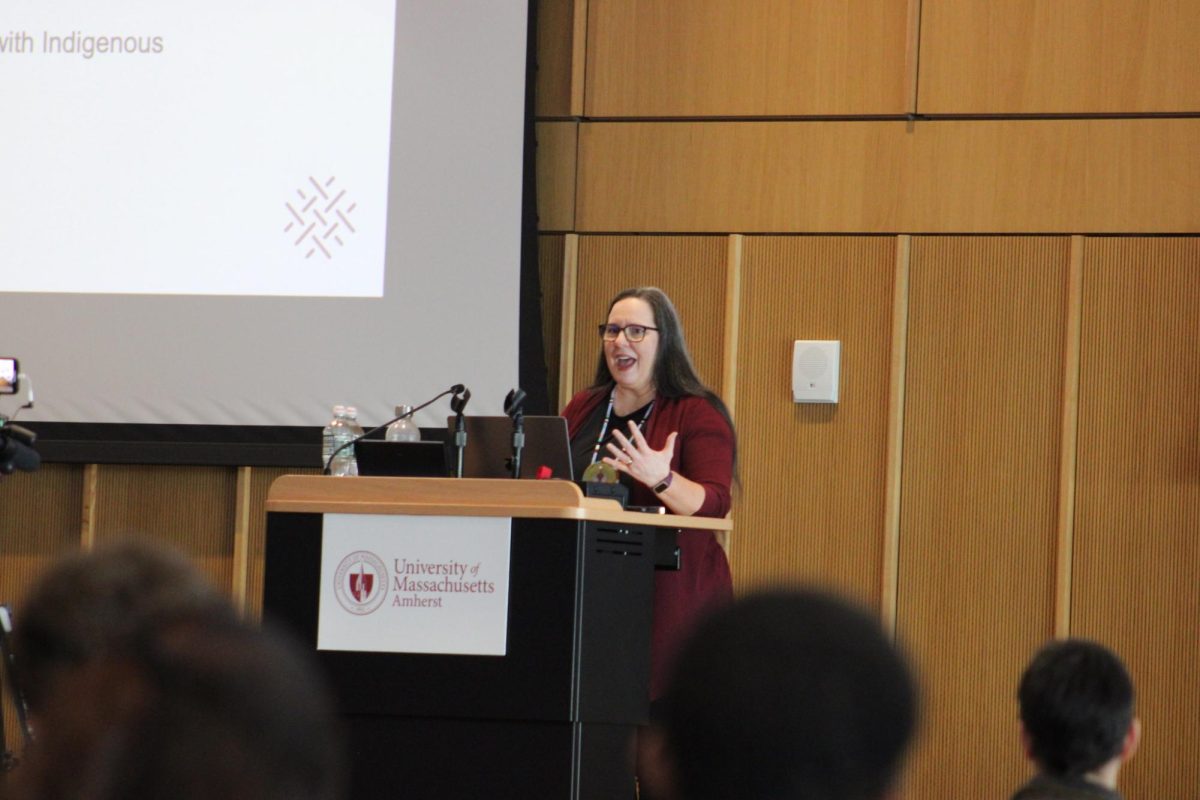
The next granola bar purchased on the University of Massachusetts campus may be doing more than providing a quick snack.
UpCycle, a student-operated environmental organization, is working to recycle materials such as foil-lined granola bar wrappers, which would otherwise get tossed in the trash. It’s referred to as alternative recycling, and sophomore Erin Shaughnessey is leading the initiative.
During a trial run last spring, cardboard UpCycling boxes were placed in cafes around campus. Without any sort of marketing push involved, the initiative managed to collect just shy of 175 wrappers over four weeks toward the end of the semester.
And it’s been growing ever since.
Shaughnessey said that, at first, students on campus were confused as to what products could be upcycled, leaving herself and others to sort through the boxes to pick out wrappers that didn’t belong.
But as long as the number of wrappers grow, Shaughnessey has no qualms with doing extra work.
“At least people are trying, (rather) than just not bothering to understand how it works,” she said, believing the number of mistakes will decrease.
Because Shaughnessey knew about UpCycle and its mission from her hometown, she was surprised by the amount of people who had not heard about the program. Having the background knowledge of how the initiative worked gave her enough expertise to execute UpCycle at UMass.
UpCycle originated as a club in the Isenberg School of Management. The executive board has expanded since last semester, and the group itself has grown to a total of about 30 people. During its inception, UpCycle’s unofficial status made it difficult to coordinate important projects and initiatives.
But that changed last year once its charter was approved, allowing it to become a Registered Student Organization, which brought funding from the Student Government Association. The boxes labeled “UpCycle” were paid for by Van Sullivan, the manager of Campus Center Food Services, while Shaughnessey designed them.
UpCycle currently works with TerraCycle, an internationally-recognized recycling and upcycling company. It works with different manufacturers in an effort to repurpose various materials and provides UpCycle with pre-paid shipping labels to send out the materials the initiative collects. The UpCycle program is considered the prime initiative of Net Impact, which encourages students to incorporate business ideas as a way of tackling social and environmental issues.
For Sullivan, although the process began slowly, it was systematic.
“(Net Impact) approached us last year about the project and had actually made some boxes on their own, literally out of shoeboxes and wrapping paper,” he said, adding that the few boxes that were on campus received a positive response.
“(Net Impact) approached me about getting it going again this past fall and it just seemed a perfect tie-in with our own sustainability initiatives,” Sullivan added.
Part of Sullivan’s job is to stay above the curve when it comes to food service and sustainability.
“When it comes to food service, UMass Dining and sustainability, we really need to keep pushing the bar forward, that something new and better keeps coming along, and it’s our duty to keep improving. Erin and (Net Impact) are helping us do that,” he said.
Aside from the tabling that took place in the campus center last semester, most of the outreach that has been done is through its Facebook page, Net Impact UMass.
Repurposing mason jars has also been an element of the program’s mission. This is achieved by working with Blue Wall and its recycling team in order to collect glass jars, which were then sold during UMass’ Sustainability Day in October.
UpCycle has worked with the sustainability office in the past, and UMass Sustainability has acted as an advisor to its environmental initiative. The initiative also hopes to work with more RSOs in the future.
Shaughnessey hopes to see increased UpCycling collection numbers this semester. But spreading awareness about the program is its top priority.
As it continues to gain traction, the hope is that more students will upcycle their granola bar wrappers. UpCycle bins can be found by all of the trash receptacles in Blue Wall, the Recreation Center, Whitmore Administration building and at most of the retail locations and small cafes in the academic buildings.
The initiative’s long-term goal however, is to get waste management involved in tackling this problem.
“It’s such as easy thing to do,” Shaughnessey said. “When we actually acknowledge the waste that we’re making, out of sight and out of mind, we can actually make a big difference. I’m excited about it.”
Isaac Simon can be reached at [email protected].



